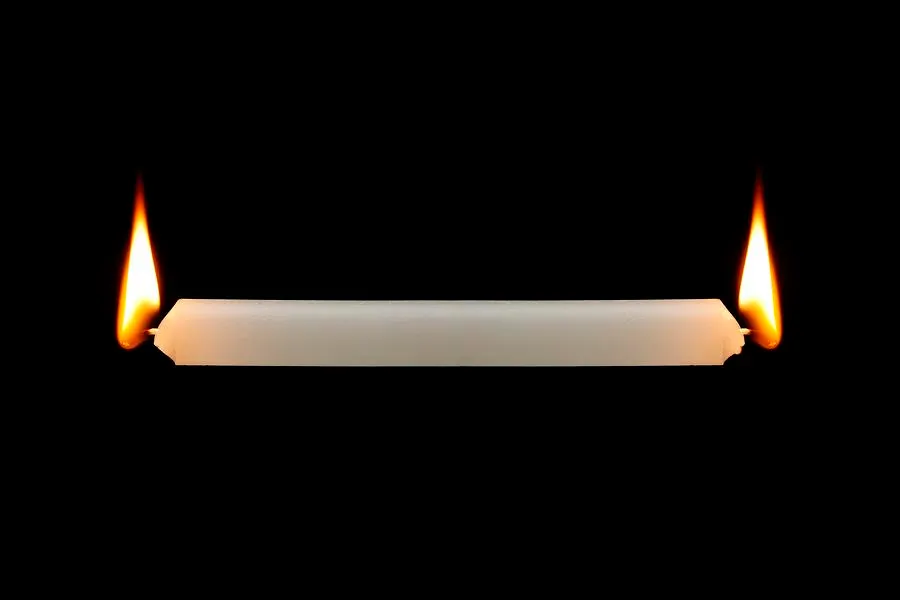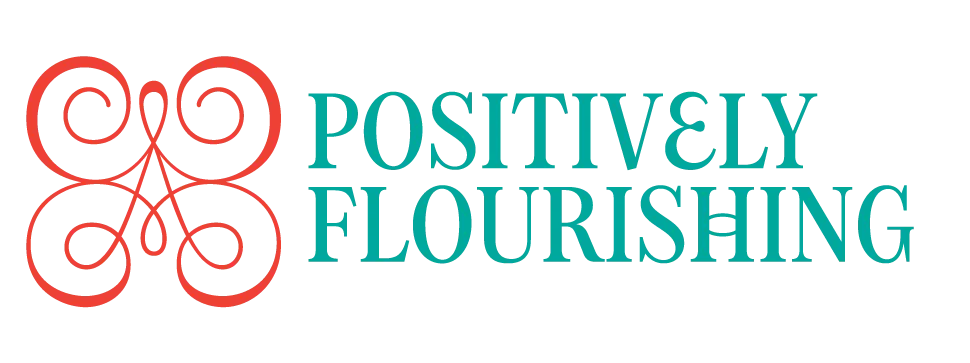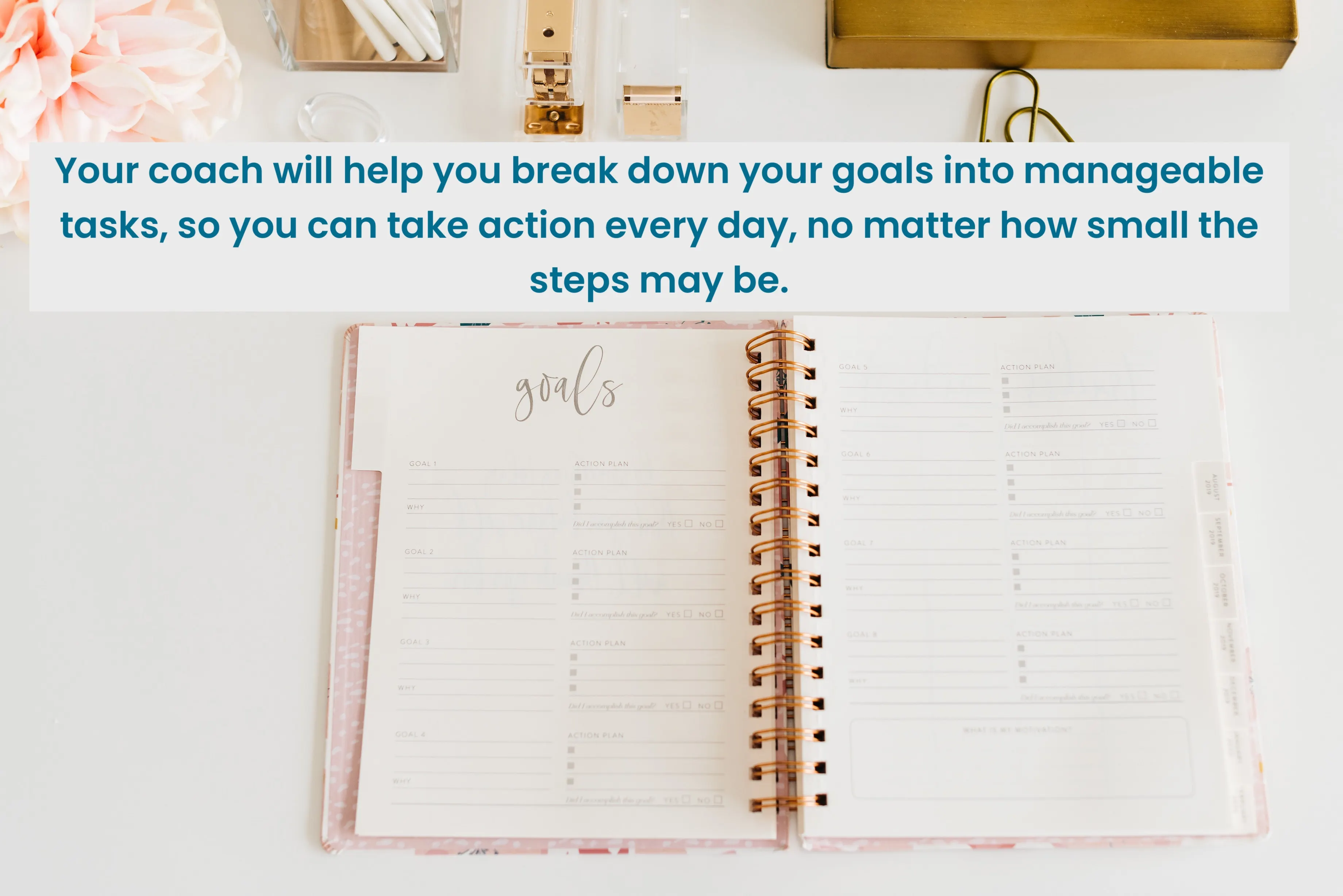When Educators Give Too Much: The Courage to Be Human
At the heart of over-giving is often a quietly held belief, not that others matter too much, but that you don’t matter enough. Many educators are so used to pouring energy into everyone else - students, colleagues, parents, the system - that they forget how to give to themselves in the same measure.

Let’s be honest: breaking the over-giving habit means admitting something we’d often rather not...that we are human. Not superhuman. Not inexhaustible. Not endlessly calm and patient and available. Just regular human beings, with limits and needs and, dare we say it, a right to be looked after too.
Identity Change Is Hard
To make this shift, we have to let go of the image we’ve carefully curated: the teacher who always says yes, who covers the lesson, who stays late to tidy the resources cupboard, who remembers every birthday, who’s never flustered or fed up. When we cling to being ‘the reliable one’, we lose sight of our right to be real.
Letting go of over-giving involves grief - grieving the version of yourself who was always ‘on’, always self-sacrificing, always composed. And it also requires bravery. Because stepping back means risking being seen as…disappointing. The colleague who says no. The head of year who doesn’t attend every event. The teacher who isn’t on the Yearbook Committee this year.
That’s hard. Especially in school cultures where busyness is worn like a badge of honour and ‘doing it all’ is quietly celebrated.
But perhaps the greater strength lies not in meeting every need, but in discerning which needs are truly yours to meet. In a world that trains educators to carry it all, sometimes the boldest thing you can do is to put something down.
This also means surrendering control. When we stop taking responsibility for everyone else’s wellbeing - every parent email, every staff conflict, every lost homework - we relinquish the illusion that everything must be us. And when we do, something surprising can happen: others step up. Students take responsibility. Colleagues find their own solutions. Space opens up, and life continues—often more beautifully than we’d imagined.
What Does This Look Like, Really?
Perhaps it’s deciding that, during reports week, you won’t also run revision sessions at lunch. Perhaps it’s stepping away from the relentless WhatsApp chats or declining the invitation to lead yet another initiative. Maybe it’s recognising that your Year 11s will cope without the end-of-year party if it means you get to be home in time for your child’s school concert.
Ask yourself, “Can I do this and still be well?” If the answer is no, something needs to shift.
And as you take things off your plate, remember to add something back in—something that sustains you. Not necessarily a bubble bath or a scented candle (though no judgement if that’s your thing), but whatever actually replenishes you. A walk after school. Five minutes of quiet before the day begins. A proper lunch break without your laptop open.
Self-Care Isn't Selfish
Self-care isn’t self-indulgence. It’s survival. It’s your quiet protest against a culture that would have you martyr yourself for the job.
Of course, there are seasons when we must give more than we can spare - inspection weeks, safeguarding crises, exam season. But even then, we can choose not to shame ourselves for feeling overwhelmed. We can remind ourselves: this is hard because it is hard, not because we’re doing it wrong.
And we can keep whispering the quiet truth that we’re allowed to be both devoted and done in. Compassionate and completely knackered. Brilliant and broken. Because being human is not a failing. It’s a fact.
Always The Greatest Gift
And in the long run, the most powerful gift we give to our students, our teams, and ourselves is the permission to be just that: gloriously, fallibly, fully human.
REFLECTION
Part 1: The Mask
We all wear a professional mask sometimes. It helps us cope, lead, teach, manage. But when the mask becomes permanent, it can stop us from being seen—and from seeing ourselves.
Prompt:
- Take a moment to reflect on the ‘mask’ you wear in your role as an educator.
- On a piece of paper, draw or list the qualities of your ‘always-on’ professional self. What do you project to others?
For example: Always prepared, never rattled, dependable, compassionate, high-capacity, emotionally strong.
Now ask yourself:
- Which of these qualities feel authentic, and which feel like armour?
- Which of these are expected of me, and which are sustainable for me?
Part 2: The Mirror
Now shift perspective. Imagine your best friend or a compassionate colleague holding up a mirror - not to critique, but to reflect who you really are beneath the professional role.
Prompt:
- Who am I when I’m not “teacher mode”?
- What do I wish others knew about what I carry, what I need, or what costs me the most?
Now respond to this question:
What would it look like to bring a little more of my whole self into my work? (e.g., sharing honestly in a team meeting, asking for help, leaving on time, not masking exhaustion)
Part 3: A Courageous Shift
Using the responses from above, complete these sentence stems:
- One thing I no longer want to perform is…
- One small act of courage I could take this week is…
- If I model being human, others might…

